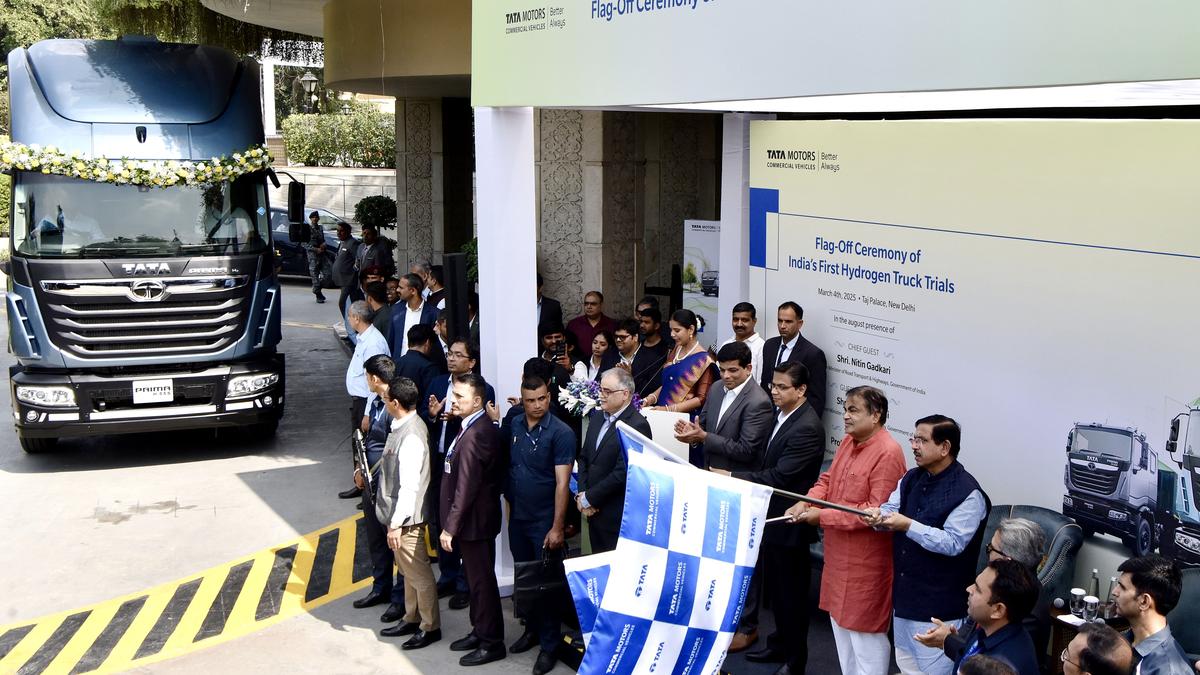The Centre is set to allocate an additional Rs 6,000 crore to Bharat Sanchar Nigam Limited (BSNL) for the acquisition of 4G network equipment, which is crucial for the long-overdue deployment of the state-run telecom’s services, according to a report by The Economic Times. The delay in the 4G rollout has worsened BSNL’s subscriber attrition.
Citing officials with knowledge of the matter, the business daily said the Department of Telecommunications (DoT) plans to inject this capital to address the shortfall in funds for 4G equipment, which is being deployed through a domestically developed technology stack. The DoT is expected to seek Cabinet approval for this funding soon.
Last year, BSNL issued an advance purchase order worth Rs 19,000 crore for the rollout of 100,000 4G sites. However, the actual purchase order placed with Tata Consultancy Services (TCS) and state-owned ITI Ltd amounted to approximately Rs 13,000 crore.
To date, the government has infused around Rs 3.22 trillion into BSNL and Mahanagar Telephone Nigam Ltd (MTNL) as part of three revival packages initiated since 2019, which include the 4G rollout.
According to the Centre, these revival packages have enabled BSNL-MTNL to achieve operating profits from FY21 onward.
However, BSNL’s 4G coverage remains limited compared to private telecom operators, with only around 22,000 base stations providing 4G services. The government now anticipates that the full deployment of 100,000 4G sites will be completed by mid-2025, delayed from the earlier target of Diwali 2024.
BSNL’s market share drop
BSNL’s market share dropped to 7.33 per cent as of June 2024, down from 10.72 per cent in December 2020, based on data from the telecom regulator. Meanwhile, Jio’s market share increased to 40.71 per cent from 35.06 per cent, and Bharti Airtel’s share rose to 33.23 per cent from 29.24 per cent.
The government had instructed BSNL to deploy 4G services using a locally developed technology stack provided by the CDoT-TCS consortium, despite resistance from some top company executives who favoured established international vendors.
The need to test the local stack before proceeding with the rollout contributed to the delays.
First Published: Sep 04 2024 | 9:35 AM IST









![Best Weight Loss Supplements [2022-23] New Reports!](https://technologytangle.com/wp-content/uploads/2022/12/p1-1170962-1670840878.png)




